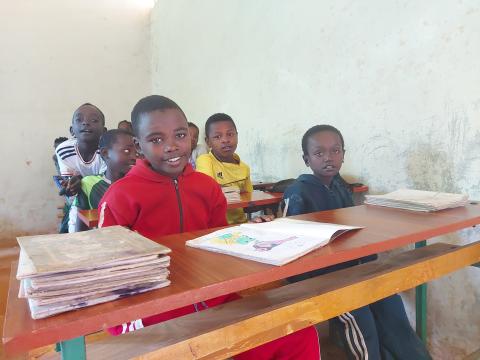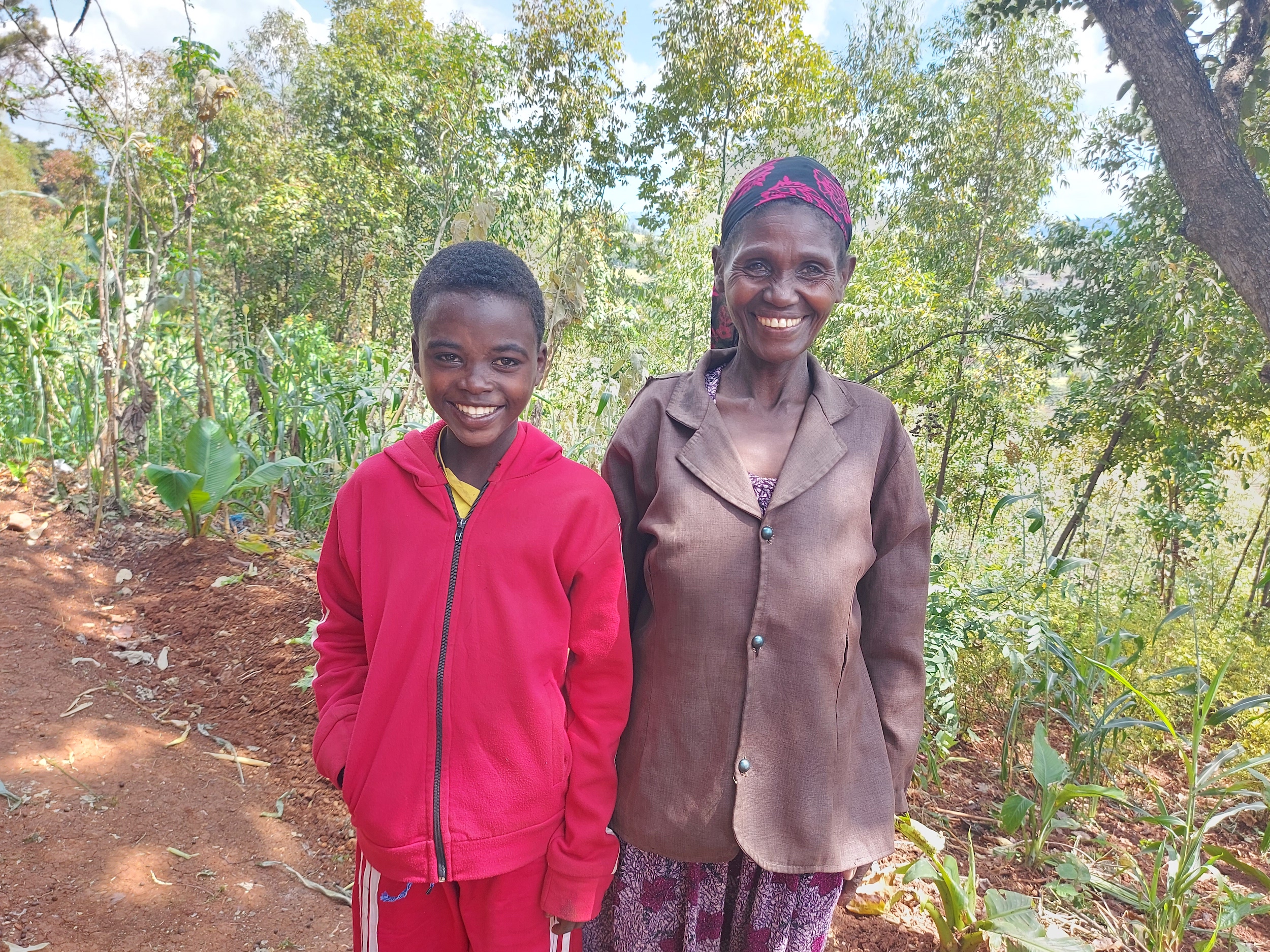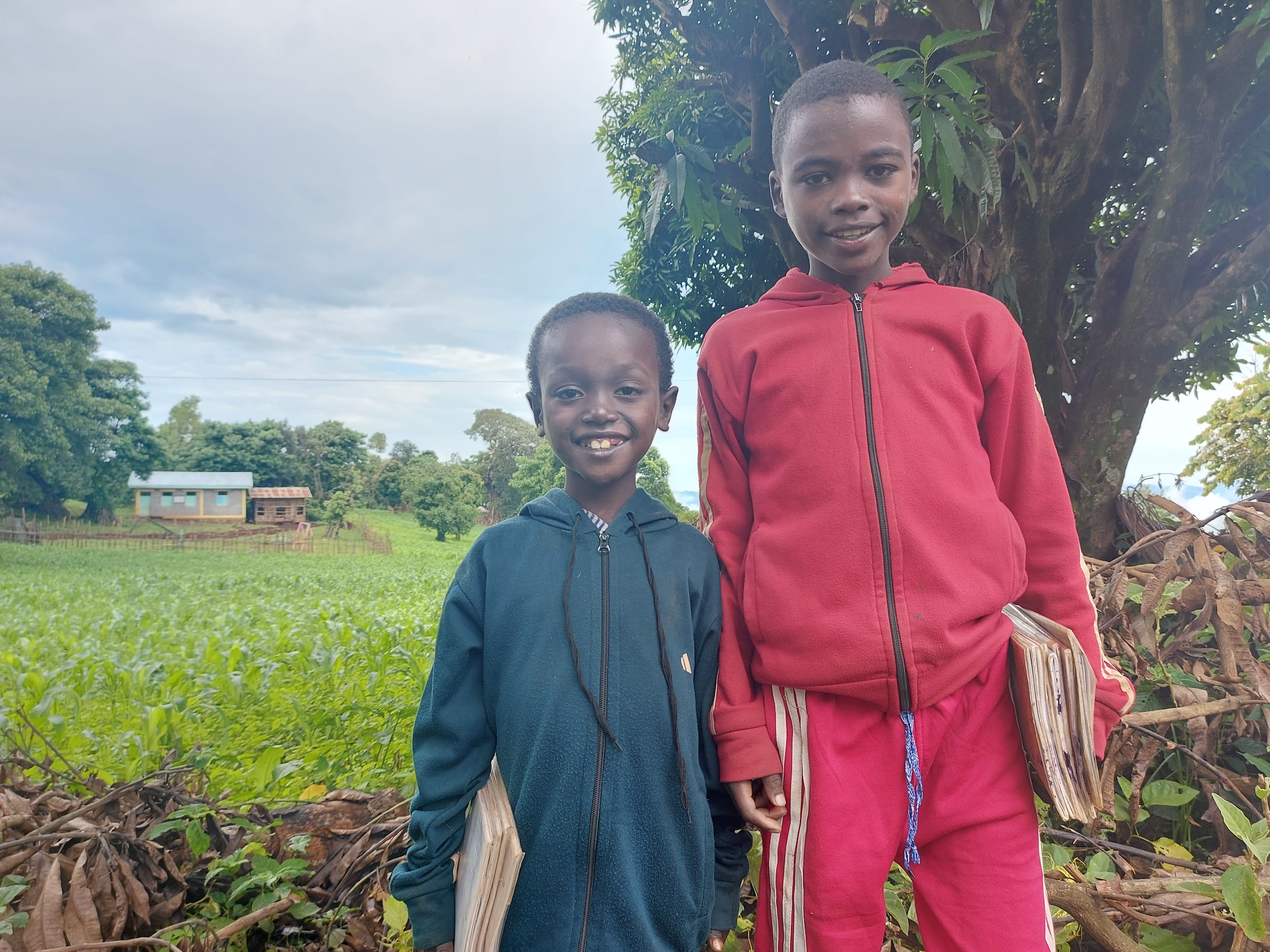Breaking the Chain of Social Marginalisation, One Child at A Time

Many marginalised groups in Ethiopia are defined by occupations such as potters, tanners, weavers, woodworkers, and hunters. These occupational groups are not only mistreated unfairly, but they are also economically disadvantaged, geographically isolated, politically disempowered, socially outcast, and culturally inferior. Discrimination is obvious in all facets of their daily lives.

Wosenu , 50, a resident of Shapi village, faced discrimination in all aspects of her everyday life. Shapi is a village in Ari district, South Nations, Nationalities, and Peoples Regional State, 625 miles (750 km) southwest of Addis Ababa. The mother of eight could only send two of her eight children to school, as she was a member of a minority group of potters who were marginalised, had lower socioeconomic status, and lacked awareness about their rights.
The ostracised community where Wosenu belongs was referred to as untouchables, and contact with them was traditionally considered impurity. Other community members gave them cold shoulders, excluded them from the social system, and considered them unequal. Their children were not even allowed to interact with other community members’ children. Wosenu and her children involuntarily accepted discrimination and intolerance, not knowing how to break free from it.
World Vision was determined to change the inappropriate but widely held social beliefs and norms in Shapi. It started to work in the district in 2018 through its child sponsorship and community engagement programmes to improve the lives of all children, especially the most vulnerable and marginalised. It has offered a series of awareness-creation training on harmful behaviour, whose topics included inclusiveness, child rights, belonging, self-esteem, control, meaningful existence, banishment, shunning, and silent treatment.
Belay, 13, could not enrol in school before due to discrimination and, at a tender age, had to work as a day labourer to support himself and his mother. He had no idea if he could go to school or feel equal with children from his age group until World Vision staff approached him and his mother to discuss his right to education.

As per the UN Convention on the Rights of the Child, World Vision affirms that every child has a right to education, which enables the child to develop to his or her fullest possible potential and to learn respect for human rights and fundamental freedoms. The mother and her son accepted the new idea, and, shortly afterwards, Belay and his younger nephew enrolled in a school that World Vision had built for the Shapi community.
Had it not been for World Vision, children like Belay and his nephew would have remained left behind. Belay excitedly says, “I like the organisation as it has enabled me to go to school and make friends. Before I met a World Vision volunteer, I never dreamt that I would go to school one day in my life.’’ Inspired and encouraged, he is now working hard to make up for the lost years and has a dream to serve his community in the future as a teacher. Moreover, Belay was no longer a labourer after World Vision transformed his life.
World Vision has successfully broken the vicious circle for hundreds of children like Belay in Shapi. "World Vision is a gift from God that has brought happiness and a sense of fair play to us. It encourages my children to be brave. It has done for me what I could not do," says Wosenu with a smile.
By Hilina Hailu, Communications Coordinator, World Vision Ethiopia